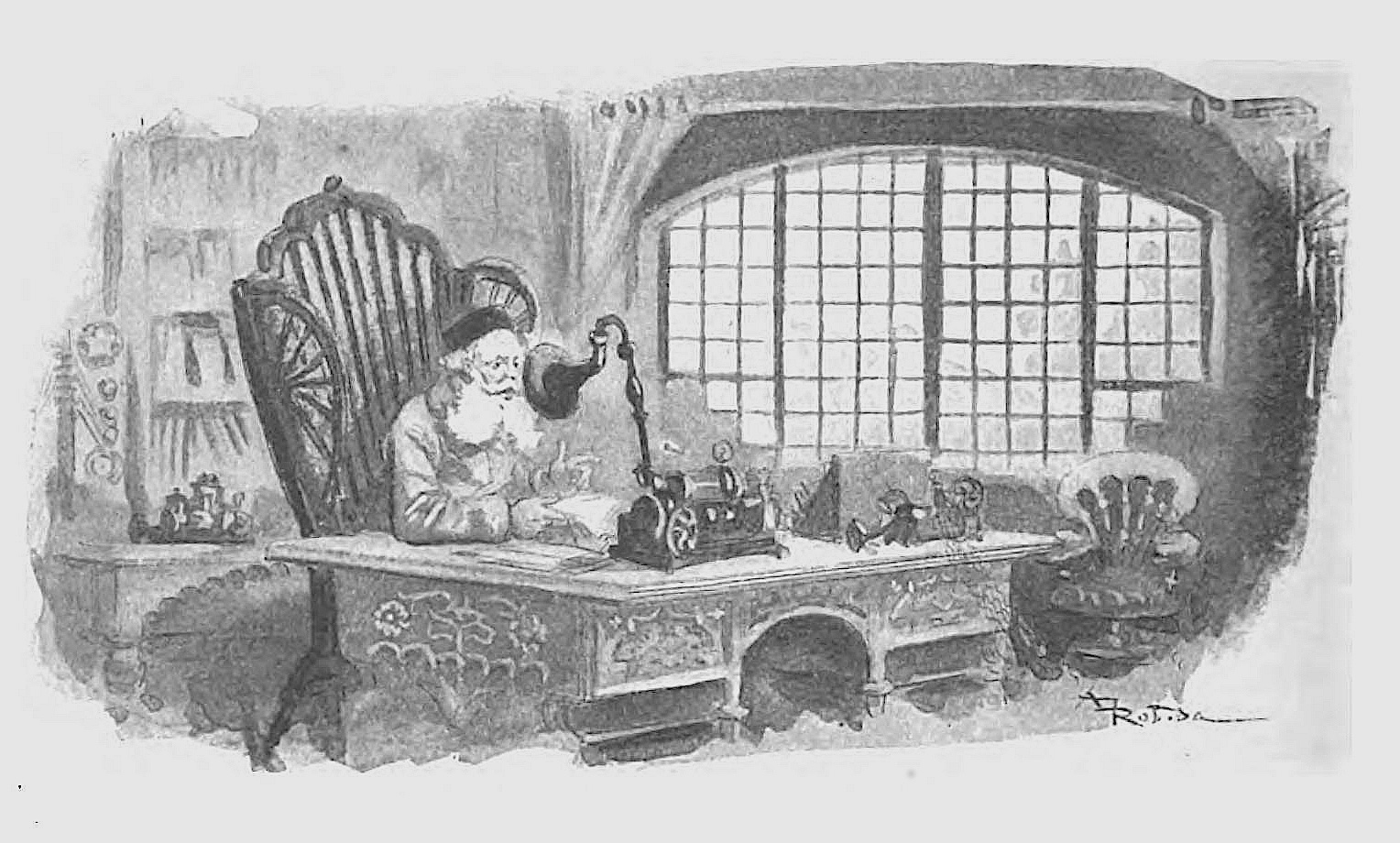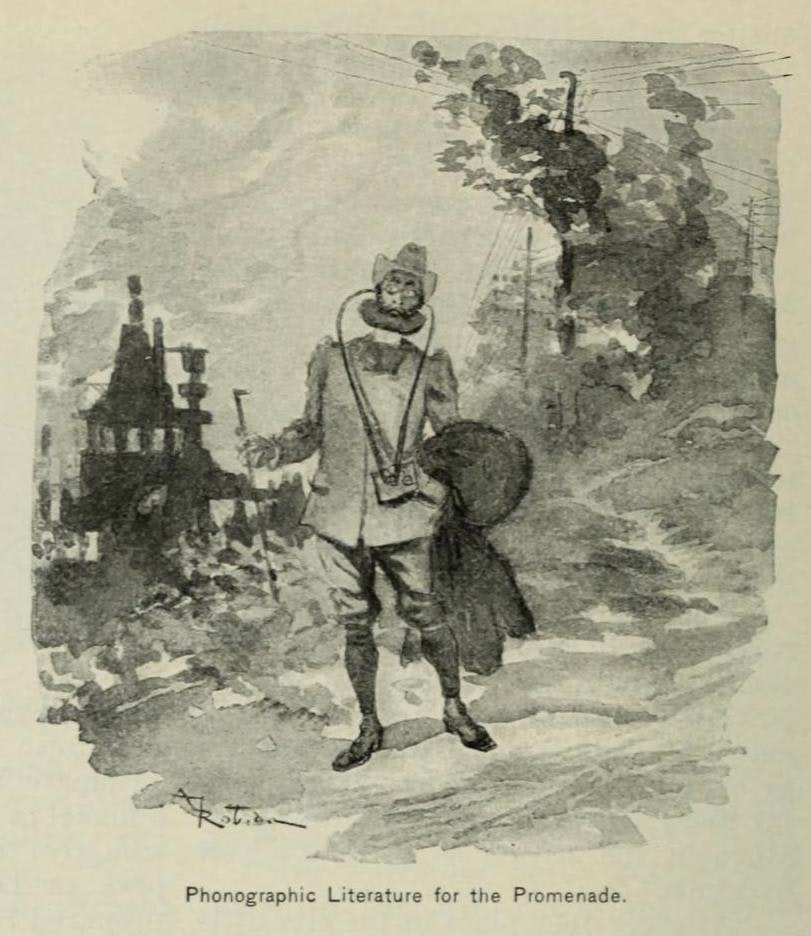

The tip of the 9teenth century continues to be extensively known as the fin de siècle, a French time period that evokes nice, looming cultural, social, and technological adjustments. According to at the least one French thoughts energetic on the time, amongst these adjustments can be a fin des livres as humanity then knew them. “I don’t consider (and the progress of electricity and modern mechanism forbids me to consider) that Gutenberg’s invention can do otherclever than quicklyer or later fall into desuetude,” says the character on the center of the 1894 story “The End of Books.” “Printing, which since 1436 has reigned despotically over the thoughts of man, is, in my opinion, riskened with demise by the various gadgets for registering sound which have lately been invented, and which little by little will go on to perfection.”
First published in a problem of Scribner’s Magazineazine (viewable at the Internet Archive or this web page), “The Finish of Books” relates a conversation amongst a bunch of males belonging to various disciplines, all of them fired as much as speculate on the longer term after hearing it professionalclaimed at London’s Royal Institute that the tip of the world was “mathematically certain to happen in precisely ten million years.” The participant foretelling the tip of books is, somewhat ironically, referred to as the Bibliophile; however then, the story’s creator Octave Uzanne was well-known for simply such enthusiasms himself. Believing that “the success of eachfactor which can favor and encourage the indolence and selfishness of males,” the Bibliophile asserts that sound reporting will put an finish to print simply as “the elevator has finished away with the toilsome climbing of stairs.”
These 130 or so years later, anyone who’s been to Paris is aware of that the elevator has but to finish that job, however a lot of what the Bibliophile predicts has certainly come true within the type of audiobooks. “Certain Narrators will likely be sought out for his or her nice deal with, their contagious sympathy, their thrilling heat, and the perfect accuracy, the nice punctuation of their voice,” he says. “Authors who are usually not sensitive to vocal harmonies, or who lack the flexibility of voice necessary to a nice utterance, will avail themselves of the services of employed actors or singers to warehome their work within the accommodating cylinder.” We could not use cylinders, however Uzanne’s description of a “pocket apparatus” that may be “saved in a simple opera-glass case” will certainly remind us of the Strollman, the iPod, or any other moveable audio machine we’ve used.

All this also needs to call to mind another twenty-first century phenomenon: podcasts. “At residence, strolling, sightseeing,” says the Bibliophile, “fortunate hearers will experience the ineffable delight of reconciling hygiene with instruction; of nourishing their minds whereas exercising their muscles.” This may even transkind journalism, for “in all informationpaper places of work there will likely be Communicateing Halls the place the editors will report in a transparent voice the information obtained by telephonic despatch.” However how you can satisfy man’s addiction to the picture, properly in evidence even then? “Upon giant white screens in our personal properties,” a “kinetograph” (which we at the moment would name a television) will venture scenes fictional and factual involving “well-known males, criminals, beautiful girls. It won’t be artwork, it’s true, however at the least will probably be life.” But however striking his prescience in other respects, the Bibliophile didn’t know – although Uzanne could have — that books would persist by means of all of it.
through the Public Domain Review
Related content:
1,000 Free Audio Books: Download Great Books for Free
How the Year 2440 Was Imagined in a 1771 French Sci-Fi Novel
A 1947 French Film Accurately Predicted Our 21st-Century Addiction to Smartphones
Primarily based in Seoul, Colin Marshall writes and broadcasts on cities, language, and culture. His tasks embody the Substack newsletter Books on Cities and the e book The Statemuch less Metropolis: a Stroll by means of Twenty first-Century Los Angeles. Follow him on the social webwork formerly often called Twitter at @colinmarshall.